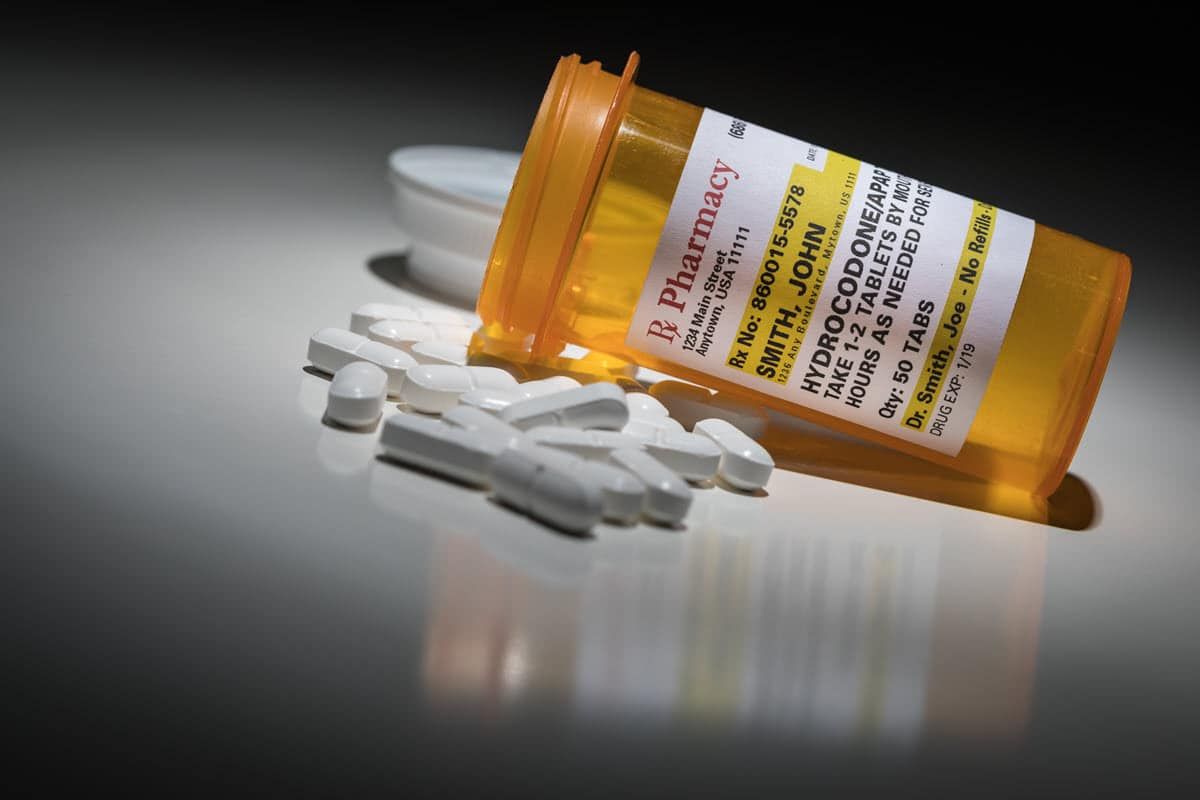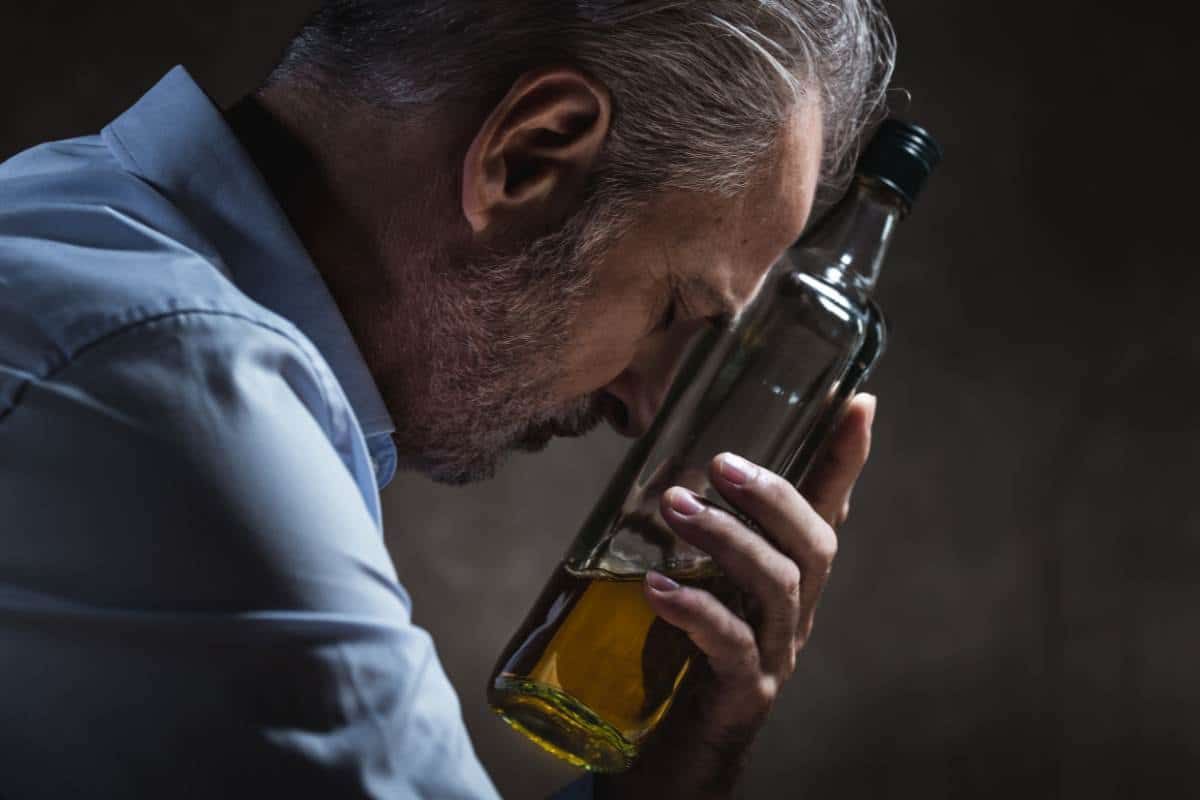Finding an Opiate Detox Center in Nashville, TN
Nashville, Tennessee, has been hit hard by the opioid epidemic. The overuse of opioids has resulted in a rise in addiction and overdose deaths in the city. As a response to this crisis, many people in Nashville have begun to seek out opioid detox programs like the ones offered at Southeast Addiction Center Tennessee and our partner inpatient facilities.
Opioid withdrawal is a challenging process, but the good news is that Southeast Addiction Center’s Opioid Detox in Nashville gives you a safe and comfortable means of getting through it.
Our Opiate Detox in Nashville, TN
Our opioid detox in Nashville, TN is a comprehensive and evidence-based program designed to help individuals safely and comfortably detox from opioids. Our experienced team of doctors, nurses, and therapists provide care and support during the detox process to ensure a safe, comfortable, and successful recovery.
We offer a range of treatment options to ensure a comprehensive approach to recovery. From medication-assisted treatment to individual and group behavioral therapy, we provide access to the resources necessary to ensure lasting sobriety. Our holistic program focuses on healing the body, mind, and spirit for a more fulfilling life.
We understand that battling opioid substance use disorder is a difficult journey, and we are dedicated to helping individuals achieve sobriety and live a life free from addiction. We offer extended care and ongoing support to ensure that individuals stay on track toward long-term sobriety. Our comprehensive treatment program and dedicated team of healthcare professionals provide a safe and comfortable environment for detox and recovery.
More About Opiate Detox Programs
Opioids are a class of drugs that are used to relieve pain. They work by blocking signals of pain in the brain, while also causing a feeling of pleasure. Common opioids include prescription painkillers such as oxycodone (OxyContin), hydrocodone (Vicodin), and codeine, as well as heroin, fentanyl, and morphine. These drugs can be highly addictive and are often abused for their euphoric effects. Long-term use of opioids can lead to tolerance, dependence, and severe addiction.
Our opioid detox program in Nashville is designed to help people safely withdraw from opioids and begin the process of recovery. Treatment plans typically involve a combination of medication, counseling, and support groups. Medications are used to reduce the uncomfortable symptoms of withdrawal and to help with relapse prevention. Counseling sessions provide an opportunity to address underlying issues that may have contributed to the addiction. Support groups offer the chance to connect with other people who are going through similar experiences. We also offer family therapy to incorporate loved ones in the recovery process.
Our opioid detox program in Nashville is the first step toward recovery and restoration. With the right support and resources, people can find the strength and courage to overcome their addiction and begin to live a healthier and more fulfilling life.
Benefits of Going To Our Opioid Detox in Nashville
Detoxification can be a difficult, dangerous, and uncomfortable process that can cause a variety of physical and psychological symptoms.
Common physical symptoms of opioid withdrawal include:
- Agitation
- Irritability
- Anxiety
- Profuse Sweating
- Runny Nose
- Watery Eyes
- Nausea
- Vomiting
- Diarrhea
- Muscle Aches and Pains
- Restless Leg Syndrome
- Yawning
- Loss of Appetite
- Insomnia
- Cold Flashes
- Goosebumps
It is important to remember that these symptoms will pass. However, it’s strongly suggested that you go to an opioid detoxification program to ensure you get through the acute withdrawal phase as safely and comfortably as possible.
Medical professionals at our opioid detox center in Nashville are available to help clients safely and comfortably manage their withdrawal symptoms. It is important to note that everyone experiences detox differently and that the duration and intensity of the detox process can vary from person to person.
During the detox process, individuals will be monitored and provided with medications to help alleviate the intensity of their symptoms. Once the physical withdrawal symptoms have been managed, individuals can begin to focus on the psychological aspects of their drug addiction.
How Long Will I Be in Detox?
Opioid detox usually takes at least 3-7 days, depending on the severity of the addiction and the type of substance that was used. During the first few days of detox, patients may experience withdrawal symptoms such as nausea, vomiting, diarrhea, fatigue, chills, and anxiety. To ensure the safety of the patient during withdrawal, they will be monitored closely throughout this process.
During the detox process, patients will receive medications to help ease the symptoms of withdrawal, as well as counseling and support to help them cope with the changes in their lives. After detox, patients will be ready for the next step in their recovery process, which is typically residential treatment or a partial hospitalization program.
At this stage, patients are given the opportunity to start rebuilding their lives and addressing the underlying issues that led them to opioid addiction in the first place. The road to recovery can be a long and difficult one, but with the right support and treatment, it is possible to break free from opioid addiction and move forward with one’s life.
Medication-Assisted Treatment For Opioid Detox
Opioid addiction is a serious issue affecting many individuals in Nashville, TN. Fortunately, there are effective treatment options available for those seeking to detox from opioid addiction. One of the most effective is Medication-Assisted Treatment (MAT). Our MAT program combines medications such as buprenorphine, naltrexone, or Vivitrol with evidence-based therapies to provide a comprehensive approach to opioid detox and recovery. We do not currently work with methadone but can refer you out to providers that do.
MAT is a safe and effective way of helping individuals detox from opioid addiction. The medication used in MAT is carefully monitored and adjusted to ensure the patient’s safety and comfort during the detox process. It helps reduce the intensity of withdrawal symptoms and cravings, making it easier for individuals to successfully complete the detox process. In addition, MAT with medications such as suboxone can be an effective part of a long-term recovery plan, as it helps reduce the risk of relapse and improves the chances of successful recovery.
How Much Do Nashville Opiate Detox Centers Cost?
The cost of opioid detox services in Nashville typically ranges between $800 and $2,000 per day, depending on the facility and the length of treatment. Southeast Addiction Center Tennesee offers a range of payment options, such as insurance, private pay, and occasionally sliding scale fees for those in need. We also offer outpatient detox that is considerably less expensive. Many times individuals with insurance will have little to no out-of-pocket costs. The best way to find out the cost to you is to call us for a free assessment.
Our Nashville treatment center also provides case management services and referrals to other types of treatment such as medication-assisted treatment or residential treatment. It is important for individuals to explore all of their options for treatment in order to find the best fit for their needs and budget. With the right support and resources, individuals can begin the journey to recovery with the help of a detox center in Nashville.
Do Your Research
Finding the right opioid detox center in Nashville, TN can be a daunting task. With so many options available, it can be difficult to know which one is best for your needs. The first step is to do your research. You can find a wealth of information online about the various detox centers in the area and determine which one is right for you. It is also helpful to ask for referrals from friends, family, and your healthcare provider to help narrow down your options.
When researching detox centers, it is important to consider the type of medical care and support services offered, as well as the cost of treatment. Make sure the detox center is licensed and accredited by the appropriate state and federal agencies. Ask the detox center staff questions about the detox process and any potential risks associated with opioid detox. It is also helpful to speak with a professional addiction counselor to help you understand your treatment options and make an informed decision.
By taking the time to research and ask questions, you can find the right opioid detox center in Nashville, TN for your individual needs. Doing so can help ensure that you receive the highest quality care and support services during your detox process.
Additional Opiate Detox Resources in Nashville
There are a number of organizations in the Nashville area that provide resources to individuals struggling with opioid addiction.
- Southeast Addiction Center Tennesee is a Nashville-based rehab center that provides outpatient detox and Medication-Assisted Treatment as well as inpatient detox through its partner facilities. Call us 24/7 for help.
- Tennessee Recovery Navigators is a non-profit organization that offers peer-based recovery support services, including opioid detox resources. They provide support to individuals in their journey to recovery, offering resources for detox, counseling, and aftercare.
- The Tennessee Department of Mental Health and Substance Abuse provides a variety of services to individuals in the Nashville area, including a directory of MAT addiction treatment providers.
- Nashville CARES is a well-known organization in Nashville that provides a variety of services to individuals in the area, including counseling and recovery support services. They provide individuals with the resources they need to successfully navigate the recovery process. Overall, there are a variety of organizations in Nashville that provide opioid detox services to individuals struggling with addiction. With the help of these organizations, individuals can access resources to help them in their journey to recovery.











